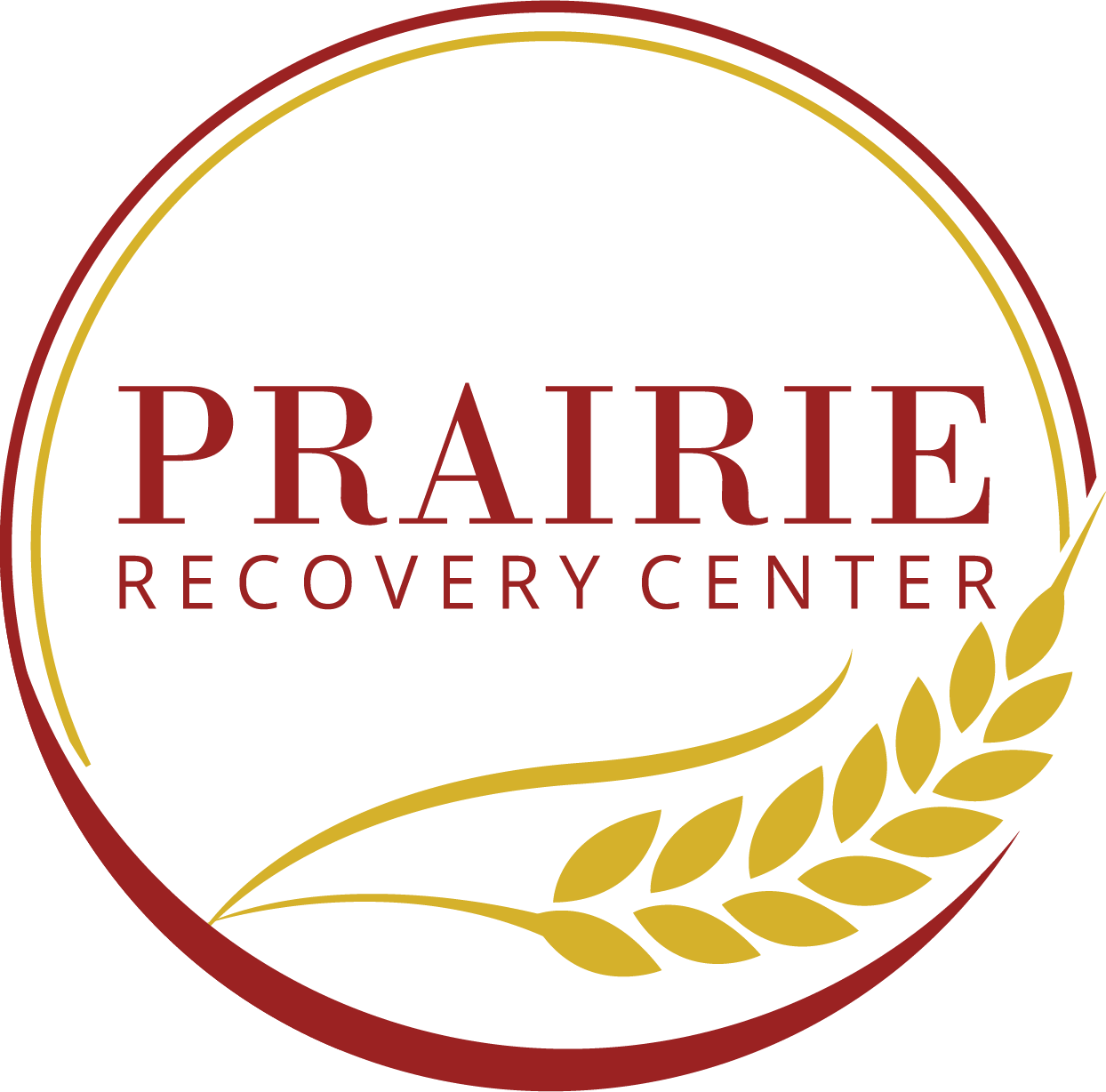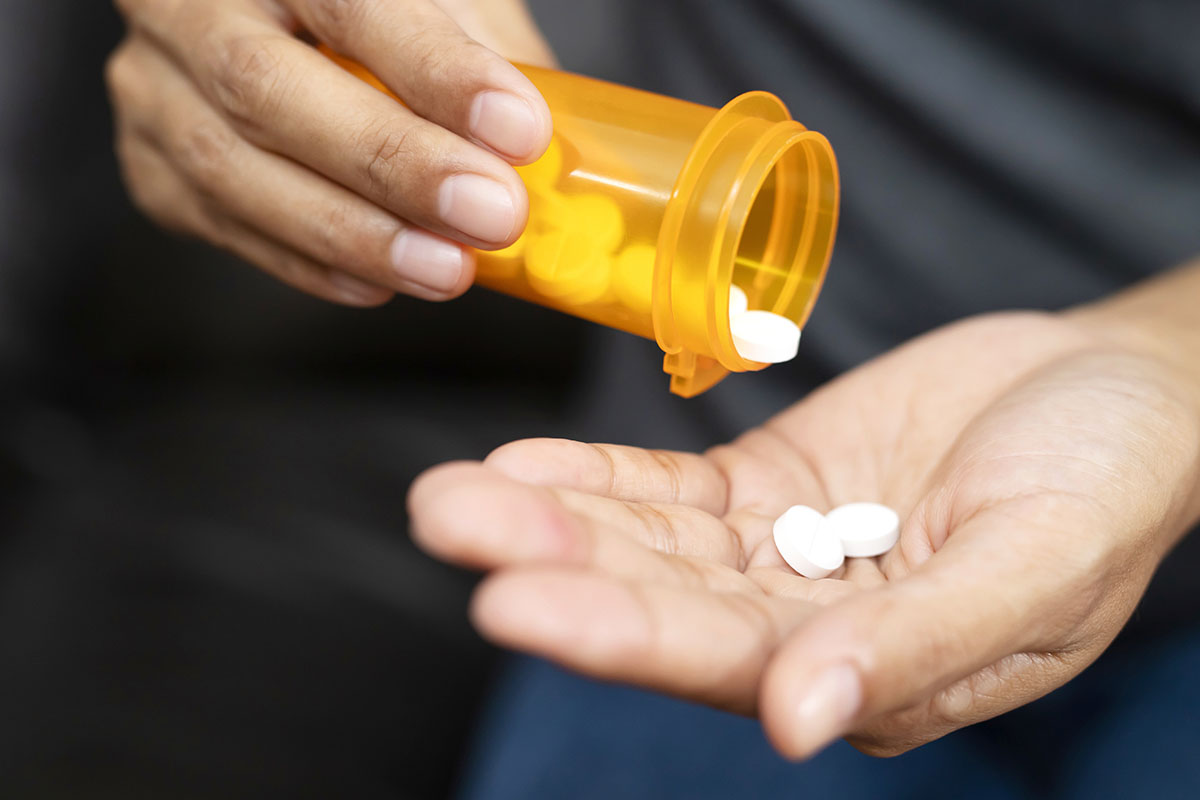Post-traumatic stress disorder (PTSD) is a serious mental disorder that can have a profound effect on a person’s life. While there are many effective treatments for PTSD, self-medication is not one of them. Self-medicating can actually make PTSD symptoms worse and can lead to other serious problems. If you or someone you know is struggling with PTSD and self-medication, please seek professional help.
Our PTSD treatment center at Prairie Recovery can help you heal from the trauma of your experience and learn to cope with your symptoms in a healthy way. Our team of experts will work with you to create a personalized treatment plan that meets your unique needs.
What Is Self-Medication?
Self-medication is the use of drugs or alcohol to cope with difficult life experiences or emotions. It’s a dangerous coping mechanism that can lead to addiction and make mental health disorders worse.
People who self-medicate are often trying to numb their pain or escape from their problems. But, self-medication only offers temporary relief and can actually make things worse in the long run. While self-medication may provide temporary relief from post-traumatic stress disorder symptoms, it is not a long-term solution and generally leads to addiction.
PTSD and Self-Medication
There is a correlation between PTSD and self-medication that is frequent and concerning.
People who suffer from PTSD are more likely to turn to drugs or alcohol to cope with their symptoms.
Here’s why PTSD and self-medication should not be combined:
- Risk of addiction — This is because drugs and alcohol change the way the brain works. They can make it hard to control your use and can lead to withdrawal symptoms when you try to quit.
- Worsening pre-existing symptoms–It can interfere with your sleep, which can make symptoms worse. In addition, self-medication can lead to anxiety and depression, both common in people with PTSD.
- It can be harder to get treatment — It can make it hard to function and make it difficult to find a treatment that works. In addition, self-medication can lead to addiction, which can make it hard to get the help you need.
If you’re struggling with PTSD, it’s important to get help. There are many effective treatments available, such as therapy, medication, and lifestyle changes. However, self-medication is not a safe or effective way to deal with PTSD.
PTSD Self-Medication Treatment at Prairie Recovery
One of the most common mental health disorders that co-occurs with addiction is post-traumatic stress disorder (PTSD). PTSD is a mental health disorder triggered by a traumatic event, such as a natural disaster, a car accident, or a sexual assault.
People with PTSD often experience symptoms such as flashbacks, nightmares, and anxiety. These symptoms can be debilitating and make it difficult to live a normal life.
The good news is that treatment options are available for both PTSD self-medication and addiction.
At our PTSD and self-medication addiction treatment center, we offer a variety of evidence-based treatments that are designed to help you heal from the trauma of your experience and learn to cope with your symptoms in a healthy way.
Some of the treatment options we offer include:
- Cognitive-behavioral therapy — This type of therapy can help you identify and change the negative thought patterns that contribute to your PTSD symptoms.
- Eye movement desensitization and reprocessing — This therapy helps you face your fears and learn to manage your anxiety.
- Medication — Certain medications can be helpful in treating PTSD, such as antidepressants and anti-anxiety medications.
If you or someone you know is struggling with PTSD self-medication, please reach out for help. Our team of experts at Prairie Recovery can help you create a personalized treatment plan that meets your unique needs. Call us at [Direct] to learn how you can get on the path to recovery today.


